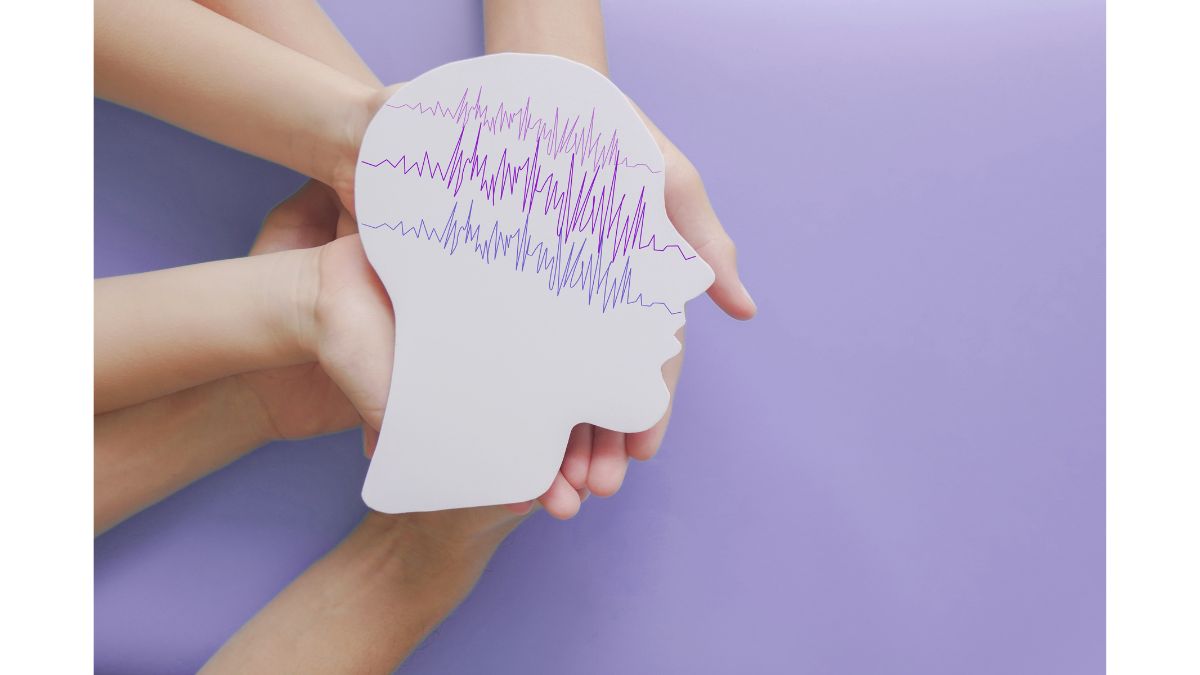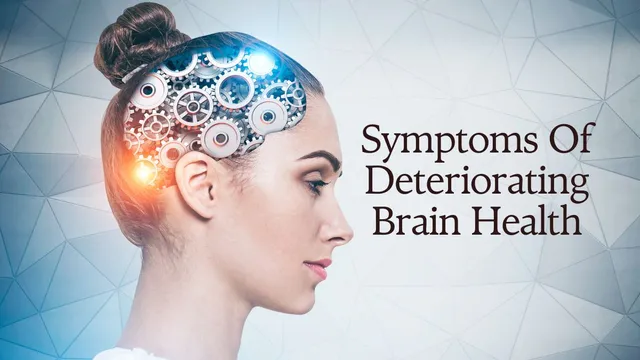- By Prerna Targhotra
- Mon, 22 Jul 2024 03:27 PM (IST)
- Source:JND
World Brain Day 2024: It is an annual global event that is observed on July 22 with the aim to promote awareness and educate people about neurological disorders that affect millions of people worldwide. World Brain Day is dedicated to brain health and prevention and leads the initiative in collaboration among six WFN regions to advocate the importance of brain health and necessary preventive measures.
Brain health is important in daily living however, most people ignore or dismiss classic warning signs that may indicate something wrong. Not all symptoms are that obvious, but most of them require attention at the very earliest opportunity for correct diagnosis and treatment. Dr. Kadam Nagpal, Head And Consultant - Neuroimmunology & Movement, Manipal Hospital Dwarka listed some symptoms that one should never ignore and get immediate attention.
Symptoms Of Brain Disorders
Memory Loss
Forgetting something occasionally is all right, but the sudden and severe loss of memory can be a warning sign of some brain issues. If you seem to forget the names of family members and recent events suddenly, then there is a sign to investigate. Memory loss may also be associated with life problems like Alzheimer's disease, stroke, or cognitive disorder. Such cases require immediate attention and proper treatment.
Persistent Headaches
Headaches are common and usually harmless, but relentless or strong headaches that persist may be a sign of something serious. But if the headache is accompanied by other complaints, such as nausea, faint vision, or even fainting, it should be looked into immediately. However, headaches can also result from migraine, brain tumours, and even meningitis infections. One should not delay seeking the attention of a health professional and getting proper treatment.
ALSO READ: Avoid These 5 Unhealthy Lifestyle Habits For Better Memory And Brain Health
Abnormal Behavioural Changes
If you have sudden or dramatic mood swings or behavioural changes, then that may be a sign of something wrong with your brain. These changes can include sudden depression, anxiety, aggression, or other extreme shifts in personality that might relate to certain conditions such as bipolar disorder, depression, or even brain tumours. Behavioural changes can also be a raging sign or symptom of stroke or traumatic brain injury. You should not delay in seeking help if you display any of these signs or abnormal behavioural changes.

World Brain Health Day 2024 (Image Credits: Canva)
Loss Of Motor Functions
Dizziness and loss of balance like constant stumbling, clumsiness, or trouble walking can even be physically dangerous. These symptoms could arise from an issue with the brain's lack of control over the body's motor activity which can be a result of diseases like multiple sclerosis, Parkinson's disease, or even a stroke. Do not ignore these signs. Early medical attention can diagnose and early treatment that will not only help you in day-to-day life but also the long run.
Vision Loss
Sudden blurred vision or double vision can even cause loss of vision in one or both eyes due to serious problems with brain health. Stroke, brain tumour, and multiple sclerosis are the most common causes of such symptoms. Rarely, vision problems can also be an early warning sign of migraine aura. Sudden or severe changes in vision need urgent visits to a health professional for proper investigation. Vision loss is an obvious sign that something is wrong with the neurological health of the body.
Brain health is an important part of our health overall. Awareness of not only the warning signs but also brain health, in general, is important to look after your health in the best possible way. Sudden memory loss, persistent headaches, unexplained mood or behaviour change, balance and coordination problems, and double vision demand your utmost and immediate attention.
It cannot be emphasised harder than how important it is that you do not ignore these signs. Early diagnosis and treatment can prove to save your life. In case you face any of the above-mentioned symptoms, seek immediate medical advice from your physician or neurologist and look deeper into the cause and the course of treatment.

